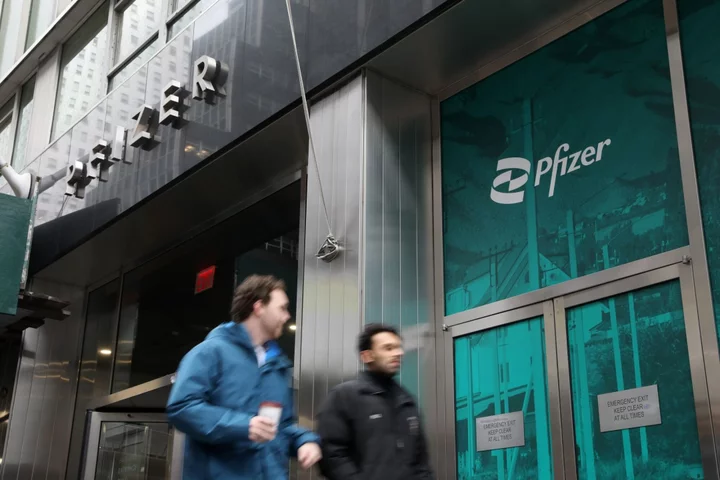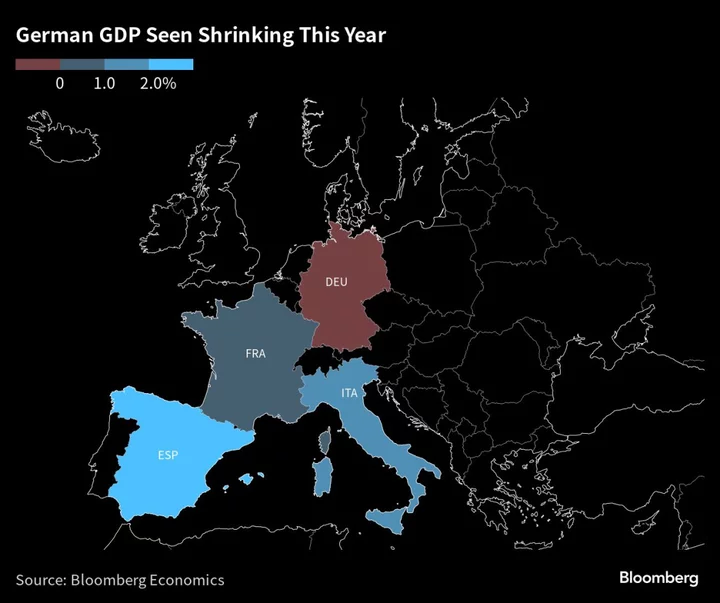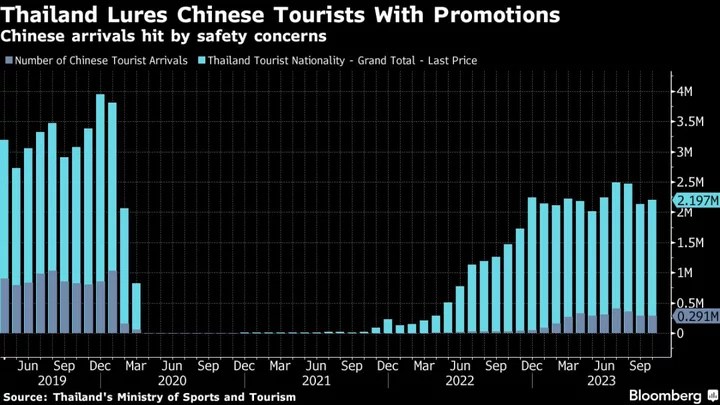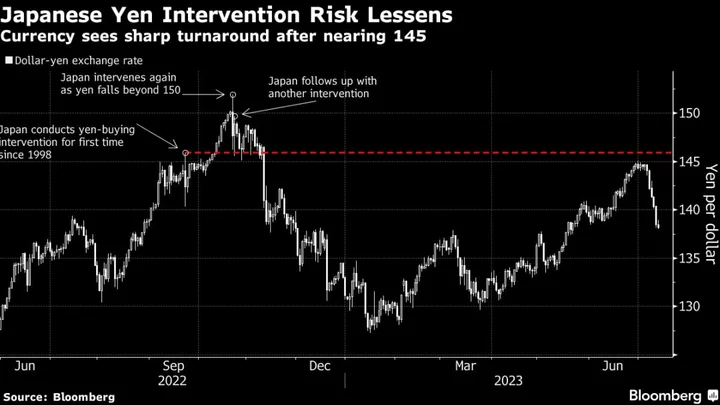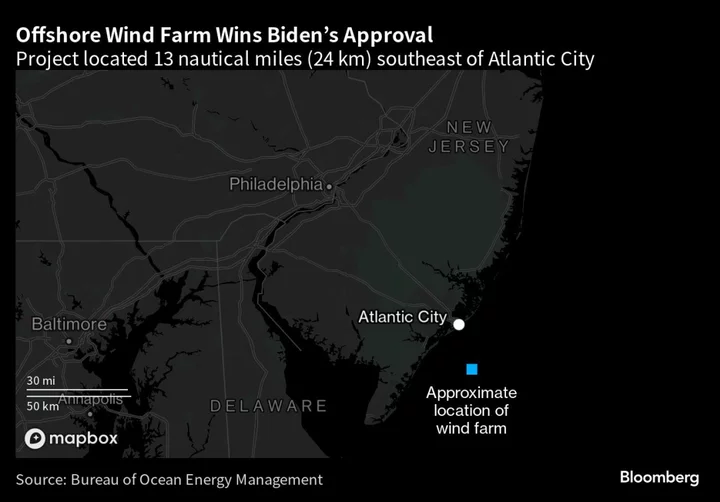AstraZeneca Plc has agreed to buy a portfolio of rare disease gene therapies from Pfizer Inc. as the UK drug company reported sales and profit that beat analysts’ estimates in the second quarter.
The agreement with Pfizer is worth up to $1 billion plus tiered royalties on sales and should complete in the third quarter, the company said Friday.
The deal with Pfizer will accelerate the company’s ambitions to grow in cell and gene therapies, Astra Chief Executive Officer Pascal Soriot said in a Bloomberg TV interview.
“We believe cell therapy will be an important part of the future of medicine in cancer, but also outside of cancer,” Soriot said. “We have been actually building capabilities in gene therapy for quite some time now.”
Astra stock rose nearly 2% in early trading in London.
In a further development, Sharon Barr, head of research and development at Astra’s Alexion arm - the rare disease business Astra purchased for $39 billion in 2021 - will succeed the drugmaker’s long-time executive and biopharmaceuticals head of research Mene Pangalos, who is retiring after nearly 14 years at the company.
Astra also reported half-year results with sales and profit beating expectations, but kept guidance for the year unchanged. Still, questions remain for Astra on the trial results from its potentially game-changing lung cancer drug, datopotamab deruxtecan, that could overtake standard chemotherapy as a treatment option.
Shares in Astra and partner on the drug Daiichi Sankyo Co. fell sharply earlier this month following initial indications that raised questions about the drug’s effectiveness and safety.
Soriot said high level results released from its key lung cancer trial are positive and when the full results are published people will be encouraged.
“I have no doubt that when they see the detailed results they will be encouraged by what they see,” Soriot said in an interview with Bloomberg TV. This product “will have a very important role to play.”
Soriot said the company has been talking to the FDA about filing its results and the “FDA themselves see positive outlook for this product.”
The adverse stock reaction was overdone on the lung cancer results but it will take time to rebuild belief in the drug’s blockbuster potential, according to Peter Welford, analyst at Jefferies.
(Updates withshares, more information on deal, comments from CEO starting in second paragraph)

